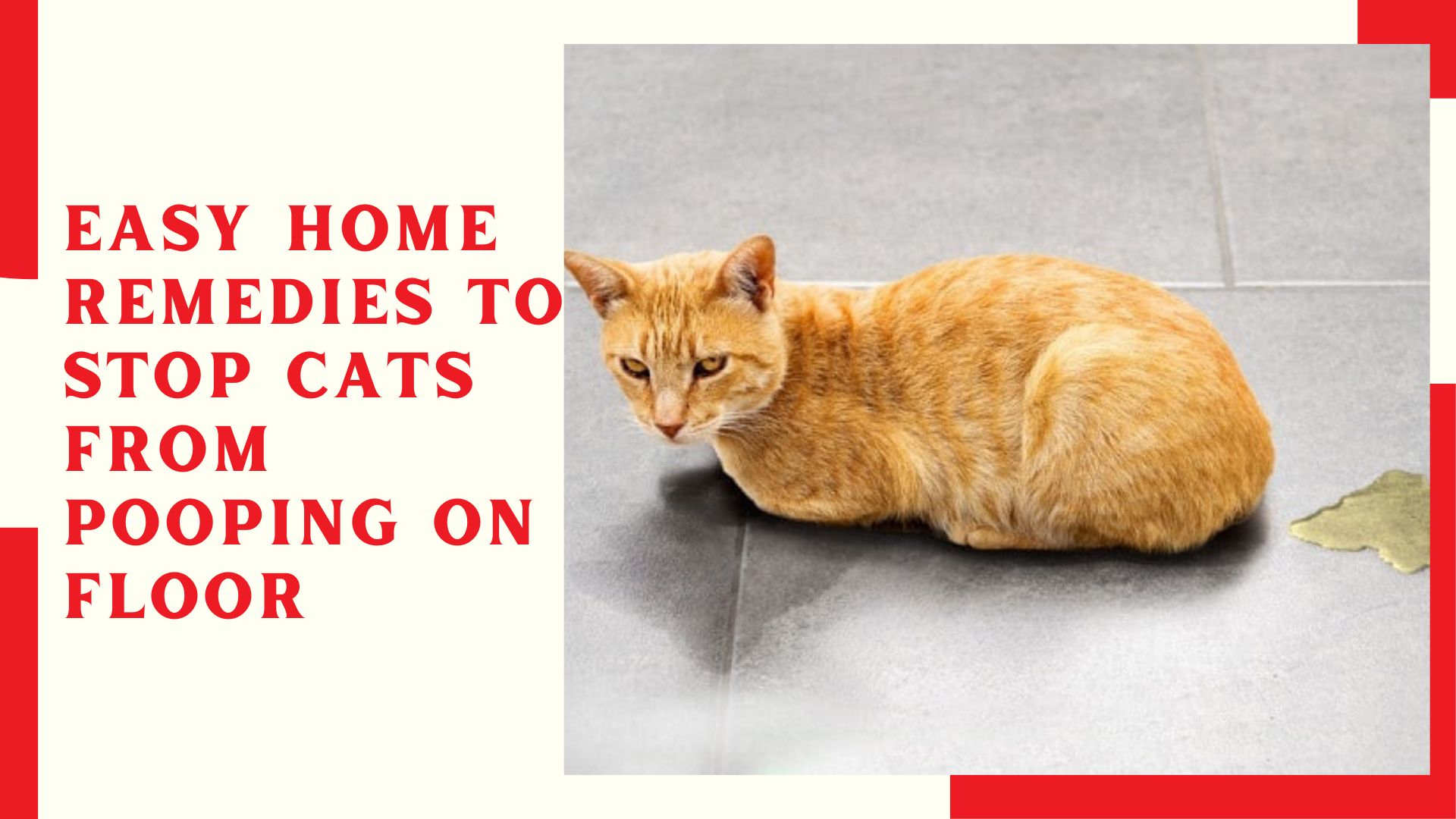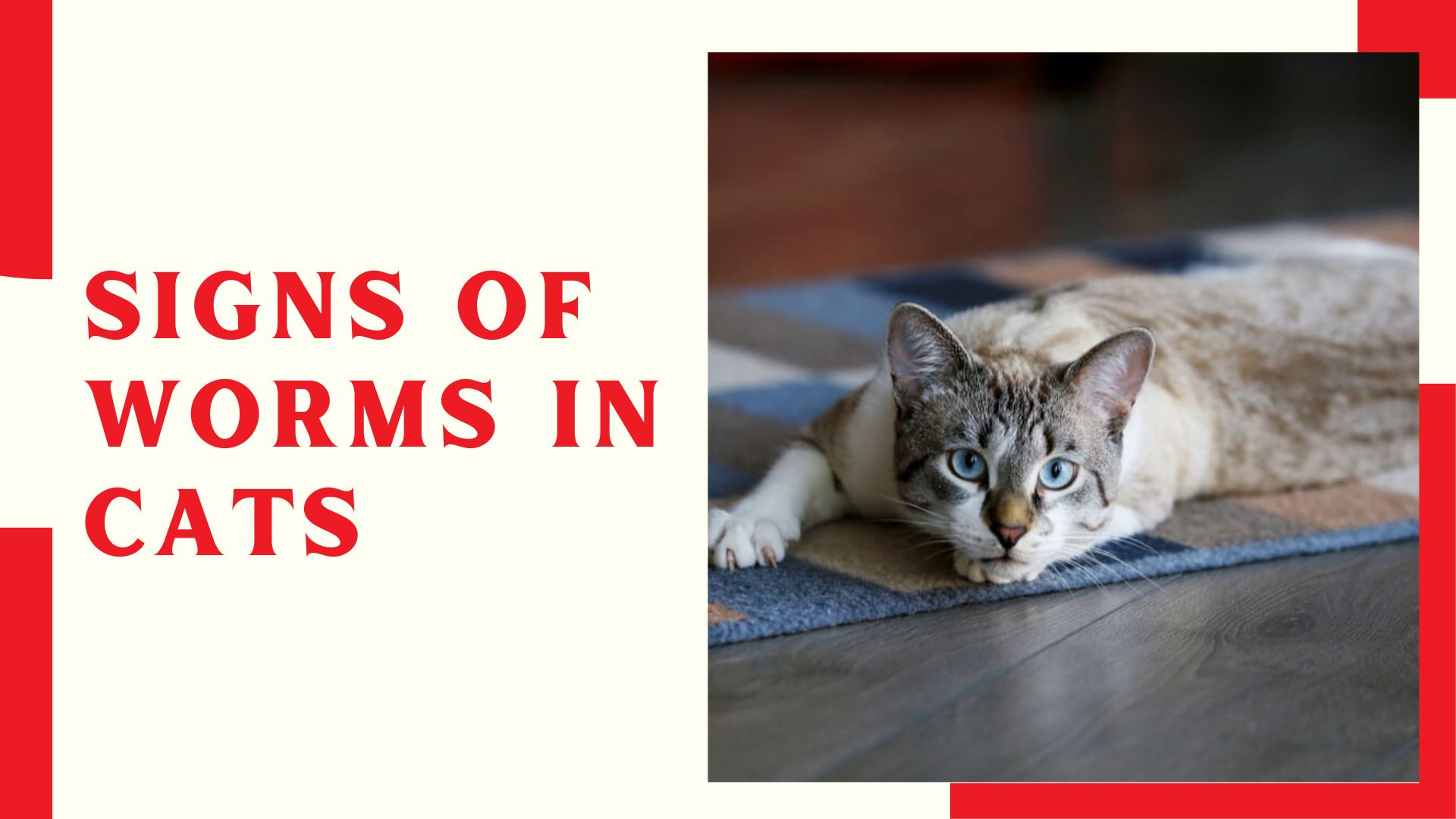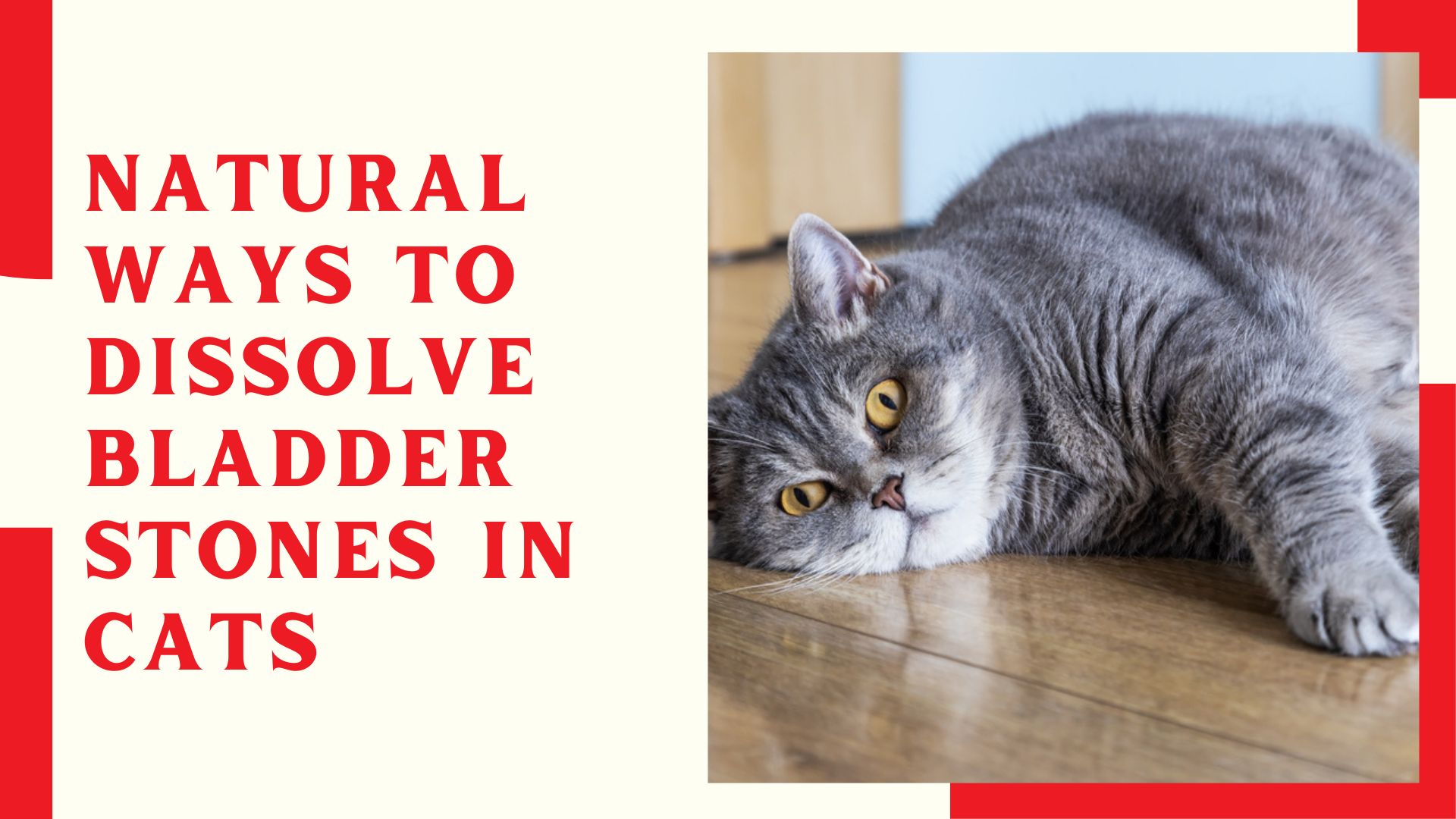Cats are wonderful pets, but as they age, their kidneys may begin to fail, leading to significant health problems and life-threatening issues. A cat's kidneys serve a vital role in controlling their blood pressure, regulating their bloodstream, producing important hormones, enzymes, and red blood cells, and eliminating metabolic waste from their bodies. Unfortunately, kidney failure is one of the most common causes of severe illnesses in cats, especially in older ones.
Related Products You Might Like

Kidney Support Gold for Cats
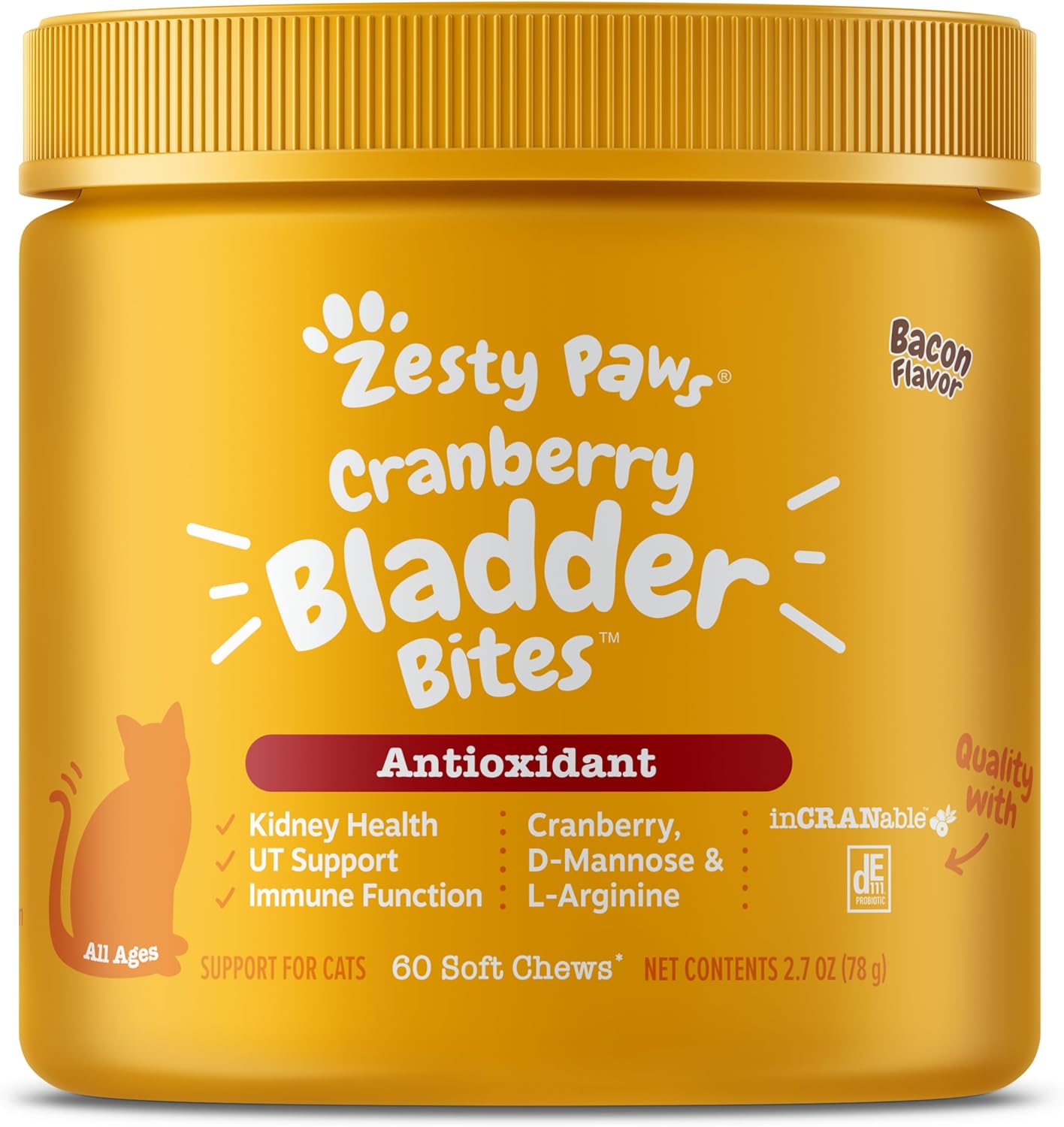
Bladder Bites for Cats
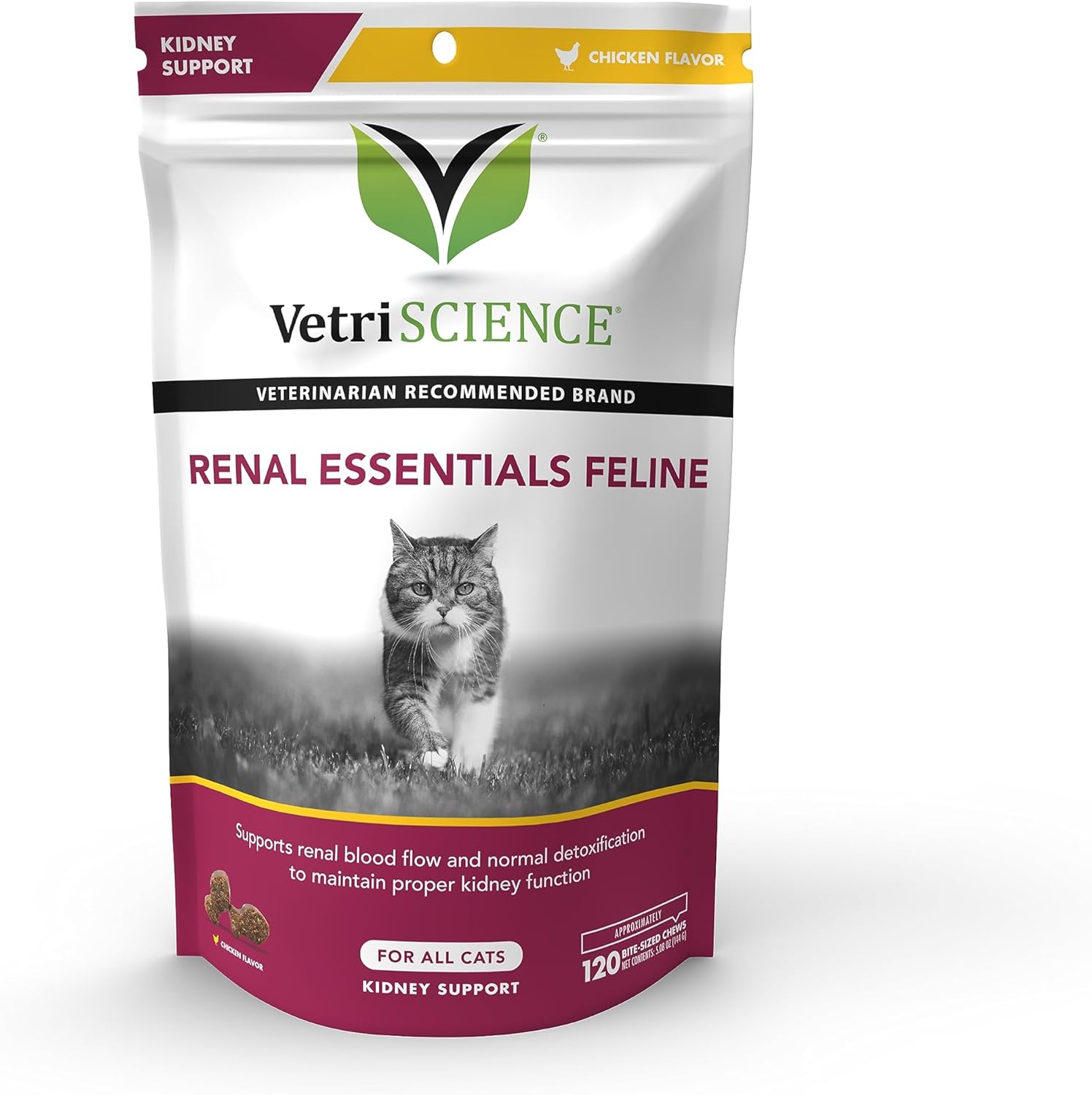
Feline Kidney Supplement
"(Paid Links)" 
Causes of Cat Renal Failure
There are two categories of renal failure in cats:
The former usually manifests over a week or month's time, while the latter is present for a more extended period. Certain breeds of cats, such as Persians and Angoras, are at higher risk of developing kidney disease, but the disease is typically acquired. Several factors can cause kidney failure in cats, including decreased blood or urine flow to the kidneys, high blood pressure, cancer, obstructions such as kidney stones, ingestion of toxic substances, advanced dental disease, age older than seven years, and outdoor exposure to toxins.
common signs of kidney failure in cats
Unfortunately, the common signs of kidney failure in cats can be difficult to detect because they are similar to other disorders such as diabetes and hyperthyroidism.
These signs include:
Since kidney failure is a progressive disease, symptoms may not be apparent for a long time, making early diagnosis crucial. You must contact your vet immediately if you observe any of these signs in your cat.
How to treat kidney disease in cats
It's important to note that cats with early-stage kidney disease may not display any visible symptoms. The onset of symptoms often occurs when 75% of kidney function has already been lost. But, with timely detection and intervention, acute renal failure can be managed effectively. Sadly, chronic renal failure is an incurable condition that typically affects aging felines, but with palliative care, their comfort can be prioritized. Your vet may recommend a range of options, including fluid therapy, dietary adjustments, blood pressure medication, dialysis, or even a transplant. Stay positive and know that there are many ways to support our furry friends through their health journey.
Besides early diagnosis, providing the proper nutrition to your cat reduces the risk of kidney disease and failure and improve their overall health. If your furball has been diagnosed with kidney disease, modifying their diet can help slow the progression of the disease and lengthen their lifespan. Specially formulated foods can be beneficial to the kidneys by having less protein and phosphorous than other pet foods. Phosphorus restriction can lessen the severity of the symptoms and progression of kidney damage, while decreased, high-quality proteins can help restore normal acid-base levels.
Conclusion
In conclusion, balanced nutrition is essential to your cat's health. If you suspect that your cat may have renal failure, consult your veterinarian and discuss the best food for their kidney health. Be sure to ask your veterinarian about special cat foods that support kidney health and see if they are right for your cat if they are diagnosed with kidney problems. Lastly, make sure that your cat has fresh water available to them at all times, and document unusual tendencies that you observe in your cat from the onset as this can be helpful in helping your vet to determine if your cat's kidneys need to be further examined.

